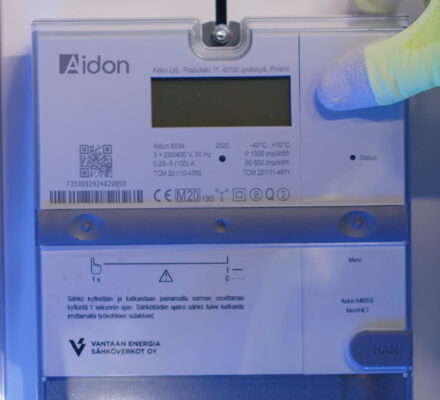

Over 374 million people used passenger trains to travel around Poland in 2023, another record-breaking year. The only thing growing faster is Wi-Fi usage by passengers and railway operators.
Commuters, tourists and other passengers expect to do the same things they do at home:
- Stream video
- Browse the web
- Share photos
- Play cloud games
Fast, reliable Wi-Fi is key to convincing people to take the train rather than drive, reducing traffic jams and pollution.
Poland railway operators like PKP rely on cellular broadband for backhauling Wi-Fi and other applications. Some are internal, such as enabling remote monitoring and diagnostics for each train’s systems (e.g., electrical and diesel). Those insights help identify emerging problems before they escalate into expensive downtime and delays.
Other applications are customer-facing, such as updating passenger information systems. One example is onboard digital signage that replaces posters of routes, rules, fares and other information.
Koleje Dolnośląskie (KD) began implementing these displays — which use e-ink to maximize energy efficiency — in its trains serving Poland’s Lower Silesian Voivodship. Mobile broadband lets KD update each e-ink display instantly, so passengers always have the latest information.
Why 4G LTE Is Key for LEDATEL’s Solution
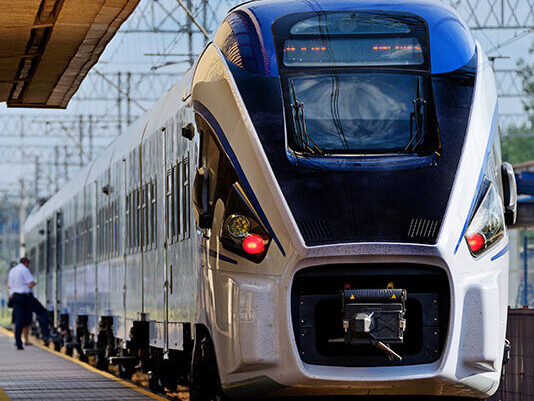
KD and other operators around Poland turn to LEDATEL, a specialist in railway ICT systems, when they want to add:
- Remote diagnostics
- Passenger information systems
- Onboard Wi-Fi
- Other mobile-powered technologies
Founded in 2007, LEDATEL designs and manufactures solutions for optimized passenger experiences and enhanced efficiency and safety, including:
“In the last four years, we’ve implemented nearly 4,000 systems and produced over 20,000 complex devices.”
— Krzysztof Kubasik, Board Vice President and COO, LEDATEL
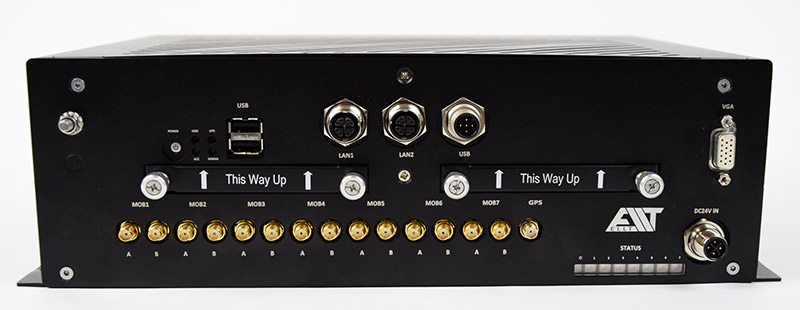
The Integrated Communication Module (ICM) is a key part of LEDATEL’s portfolio, supporting various other products. For example, the ICM provides the hardware platform for virtual machines that power applications (e.g., video, VoIP, diagnostics and passenger Wi-Fi).
LEDATEL needed a 4G LTE Category (Cat) 11 cellular data card to ensure that the ICM can provide those applications with secure, high-performance broadband. The module also needed to be certified by all of Poland’s mobile operators to ensure seamless connectivity as trains travel in and out of each network’s coverage area. Certification means a bigger market for the ICM, as LEDATEL offers the solution to all the country’s railways.
The Telit Cinterion Advantage
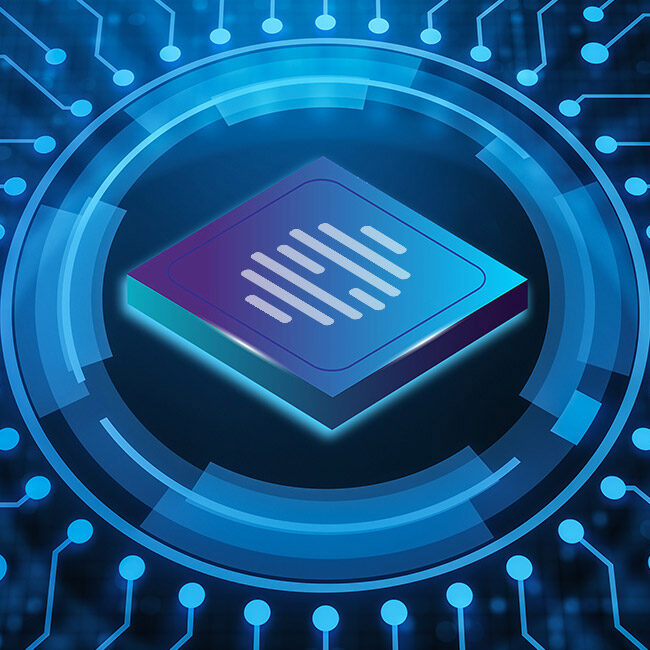
LEDATEL selected Telit Cinterion’s high-category IoT data card to meet these requirements. This data card uses advanced features like MIMO and carrier aggregation to support 600 Mbps downlink and 75 Mbps uplink. That performance makes it ideal for use in bandwidth-intensive devices, including:
- Routers
- Mobile gateways
- Access points
“Thanks to the ICM, we were able to support a one-package solution for 21 EMUs for SKM, the Warsaw Municipal Rapid Railway Service.”
— Krzysztof Kubasik, Board Vice President and COO, LEDATEL
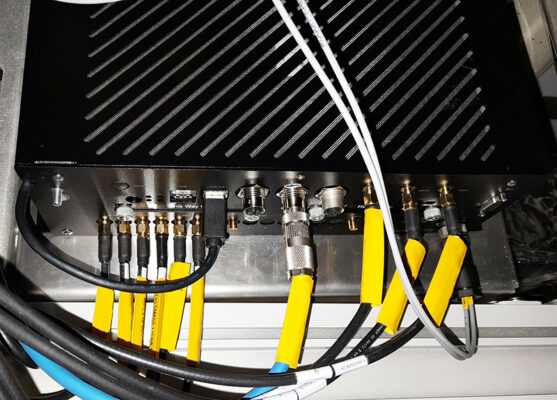
The high-category data card is packaged in a mini PCIe (mPCIe) form factor, making it ideal for LEDATEL’s ICM, which must accommodate seven 4G modems. The mPCIe data card enables location-based applications with built-in support for satellite services, including:
- GPS
- GLONASS
- BeiDou
- Galileo
“LEDATEL has chosen to work with Telit Cinterion because the company was one of few to offer a robust and reliable Cat 11 mPCIe data card. Furthermore, Telit Cinterion modules guarantee high quality, adherence to security norms and availability. Moreover, we can rely on Telit Cinterion for outstanding support and post-sales service.”
— Krzysztof Kubasik, Board Vice President and COO, LEDATEL
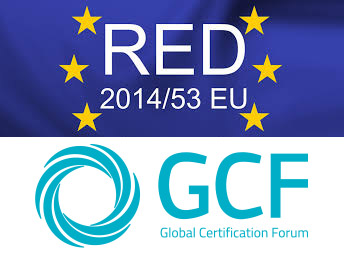
The Radio Equipment Directive (RED) and Global Certification Forum (GCF) certified the data card. The RED and GCF regulations assure mobile operators in Poland and the rest of Europe that the modem will work as expected on their networks.
These two certifications assure LEDATEL customers that the ICM will provide a reliable connection wherever their trains travel. This is crucial as LEDATEL expands its market outside Poland.
“For 2024, we aim to promote our solutions and devices at international trade shows in Europe and beyond. We’re also testing Telit Cinterion’s 5G data cards for an updated version of our ICM to ensure an even more reliable and stable connection. Additional information regarding this device will be available in Q3 2024.
With the ICM, we have significantly raised our sales potential and position in ambitious future projects. Our solution is also poised to compete in the international market.”
— Andrzej Danielewicz, Board President and CEO, LEDATEL

